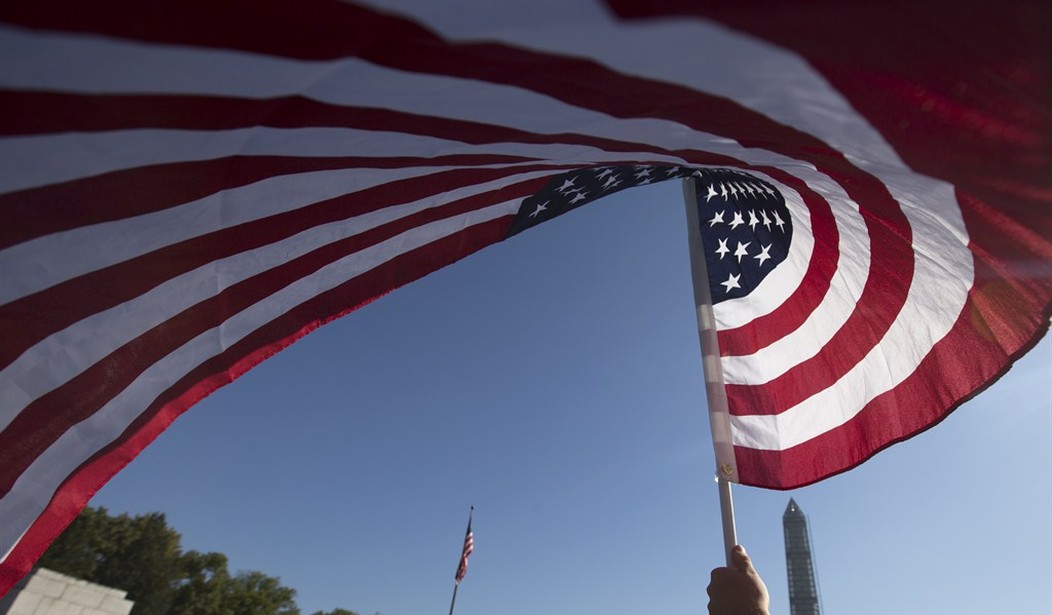Strange, the once obscure villages that war makes unforgettable, forever resonant with the echoes of battle. Gettysburg. Hastings. Lexington and Concord. The fate of nations, and of freedom, was determined by what happened at such places. And their names became indelible. So it is with the names of massacres, too, names soaked in blood and shame. Names like Fort Pillow. That was the Union post in Tennessee just north of Memphis where black troops wearing the uniform of the United States Army were slaughtered. It wouldn't be the first time.
It happened in 1944, too. In the middle of the Battle of the Bulge, the last great German offensive of the war that took the Allies completely by surprise. Having finally broken out of the hedgerows in France, encountered bridges too far and advances suddenly turned into retreats, now the Allied armies were poised on the edge of victory by Christmas. It lay just across the Rhine.
And then ... the panzers were everywhere. The bulge in the Allied lines had erupted, whole divisions were broken and scattered, the outcome of the war itself was in doubt. The front was collapsing.
Then came Malmedy. A lightly armed American convoy trying to escape the rout was captured by the SS near that village, the GIs collected in an open field, and then ... mowed down by machine-gun fire.
When American forces regained the initiative and returned a month later, they would find 84 frozen bodies under the snow. But word of the atrocity had spread within hours of the massacre. And so did the rage. All along Allied lines. And back home, too. The mask of the enemy had been torn away, the evil underneath it revealed. It wasn't necessary to put the order in writing: Take no prisoners. A fever for vengeance took hold, and would have to run its course before it abated.
Who could forget Malmedy?
But who now remembers Wereth? That's the little hamlet where a small detachment of the redoubtable 333rd Field Artillery Battalion had taken refuge. The 333rd, an all-black outfit in those Jim Crow days, had fought its way across northern Europe since D-Day, only to be caught in the Bulge along with the rest of VIII Corps. The detachment had been part of the two batteries left behind to cover the American retreat when the front collapsed.
Mathias and Maria Langer hid the fleeing Americans in their farmhouse, but an informant told the SS about them. The 11 Americans were taken prisoner and marched off. To a small, muddy field where they were shot, but not before being tortured and maimed. Legs were broken, skulls crushed, fingers cut off. Their ordeal must have lasted for the better part of a day; the Americans had become playthings to be torn apart for the amusement of sadists. The 99th Infantry Division would find only their broken remains when it entered the village a month later. Then the Wereth Eleven were pretty much forgotten.
Till half a century later. That's when Hermann Langer, the son of Mathias and Maria, would put up a cross at the site of the Forgotten Massacre. His sister Tina said he was haunted by the memory of the GIs being taken from the farmhouse, and was determined to commemorate the massacre. A decade later, the Belgians would erect a stone monument on the site. They remembered.
Let the country whose uniform these American soldiers remember them, too, on this Memorial Day.
They came from Mississippi and Texas and South Carolina and West Virginia and Texas and Alabama ... and one of them was from Arkansas: PFC Due W. Turner, 38383369, lies buried at Henri-Chapelle, Plot F Row 5 Grave 9. He's officially listed as a native of Columbia County, Arkansas, but last time I looked at the Columbia County Courthouse website, with its picture of the county's monument to its war veterans, there's still an empty space under the list of World War II veterans inscribed there. Let it be filled with the name
Due W. Turner
The Forgotten Massacre
The opinions expressed by columnists are their own and do not necessarily represent the views of Townhall.com.

Advertisement
Recommended
Trending on Townhall Videos
Advertisement
Advertisement
Advertisement
























Join the conversation as a VIP Member